Experiments are the core of science class. In the subjects of physics, chemistry, and biology, its important to provide the physical extensions to learning that bring theoretical concepts to life. However, as schools close across the nation and as social distancing takes effect, the world of education – among just about everything – has changed. Experiments are somewhat unthinkable without an in-person or physical setting. Being apart should not stop us from expanding our learning through experiments though; educators across the United States are using technology to bring experimental learning into the households of students. How educators are adaptingOn the larger scale, the College Board is turning to YouTube livestreams in addition with Twitter feeds to host experimental learning with student input. A specific lesson would have been chosen for the day – angular momentum, circular motion, etc. – and one of several instructors will either do the experiment live or discuss pre-recorded footage of the experiment. All the while, they are answering questions from students as they come in on the Twitter feed.
Such learning is also quite feasible on a small scale; through Microsoft Teams and Zoom, teachers can accomplish the same thing if not to even greater degrees of success. The freedom a small classroom offers means students can directly converse with the teacher using voice services during the experiment or utilize a text chat option. The great degree of flexibility entails that teachers can continue experimenting remotely with many of the benefits of an actual class; rather than physically manipulate instruments themselves, students can still offer live reactions and even direct the course the experiment will take, viewing the results in real time. How you can adapt to remote experimenting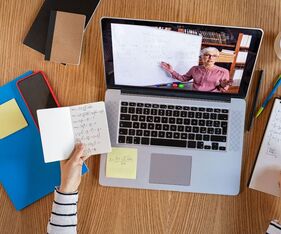 You can use the various resources that technology and the internet have to offer to adapt remote learning for success in your environment or institution. By devising your own experiments or lesson plans, you can have live discussions with your students about their ideas, reactions, and interpretations of the concepts behind what is happening; you can even have them take the experiment in new directions!
Choose solar4STEMTo truly maximize your socially distanced experimental learning, you need to maximize the time for discussion and discovery; one way to do that is by reducing the hassle of preparation work. How can you maximize your time while also maximizing your quality? A STEM kit can help you. solar4STEM kits offer a variety of scientific experiment that are straightforward to conduct and provide a variety of learning for all ages. Specialized to your content needs, we can help you bolster your scientific teaching through hosting successful remote experiments! Related Articles
0 Comments
Your comment will be posted after it is approved.
Leave a Reply. |
Make STEM Fun & Easy!Located in Pinellas Park, FL, solar4STEM has been providing parents and educators interactive STEM kits to keep kids engaged. Let us help you make STEM fun & easy with hands-on experiments!
Follow Us3845 Gateway Centre Blvd.,
Suite 360 Pinellas Park, FL 33782 Vertical Divider
|
Vertical Divider
|
|
|
Sitemap
|

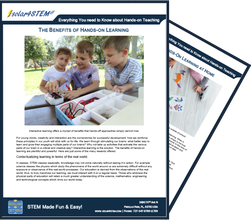
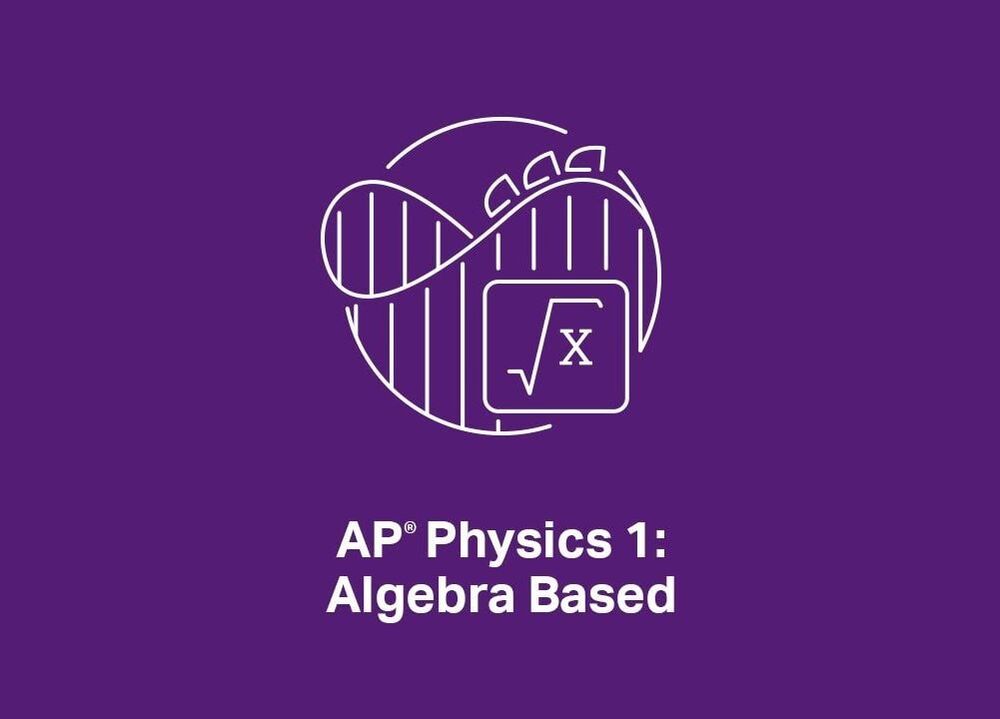
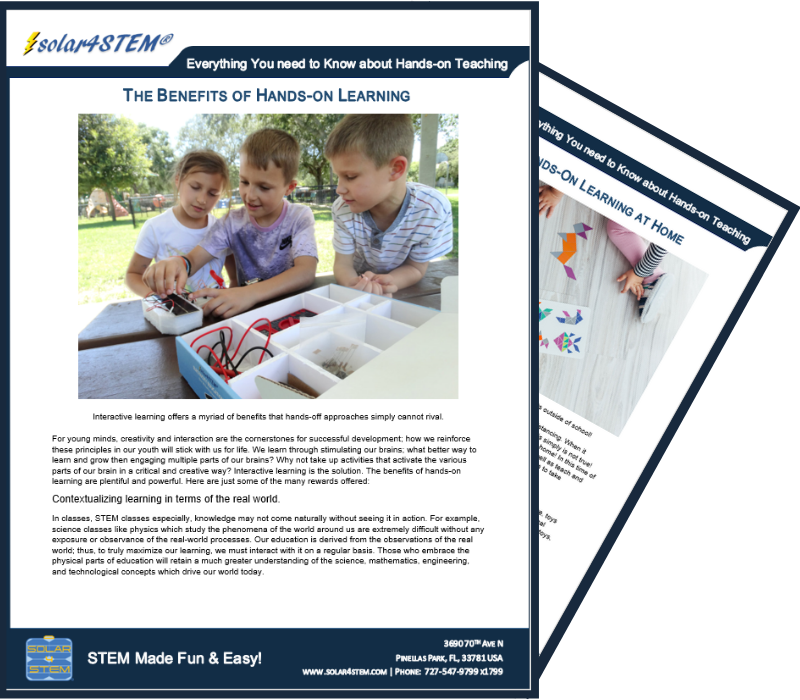
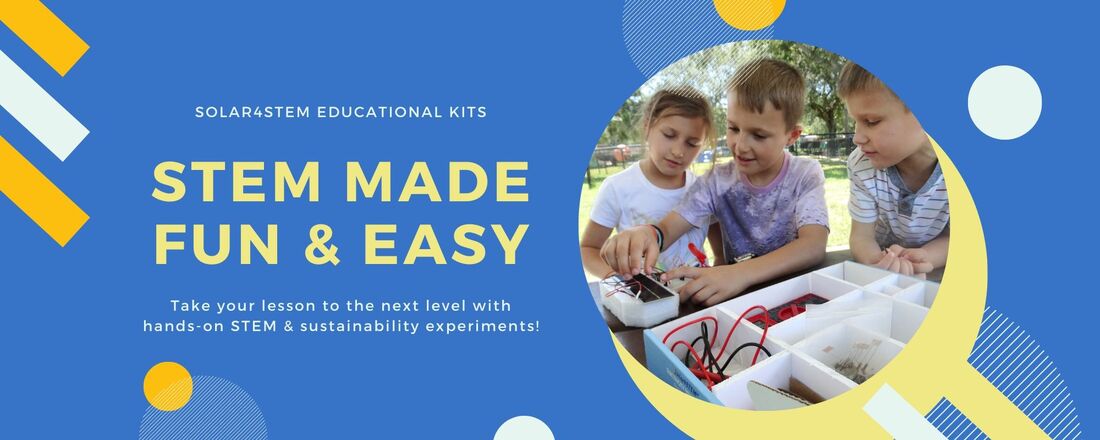
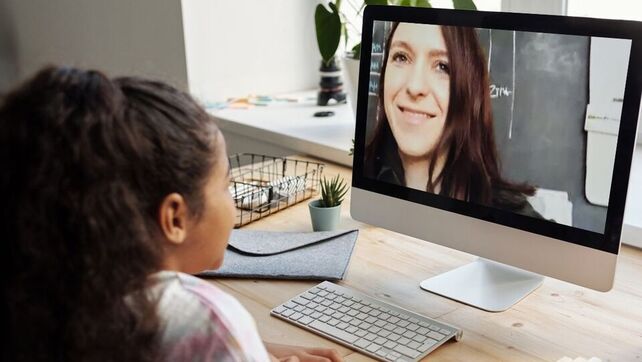
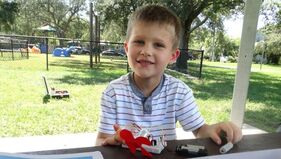

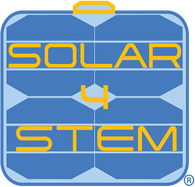
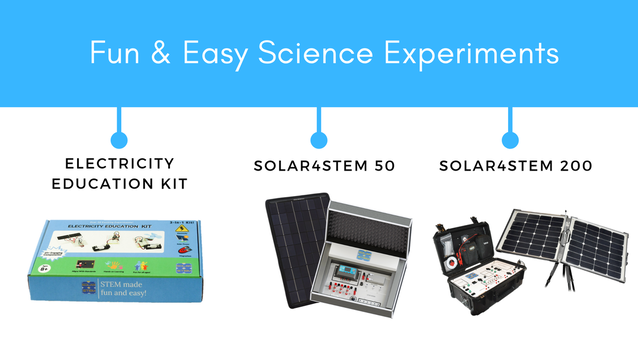
 RSS Feed
RSS Feed



